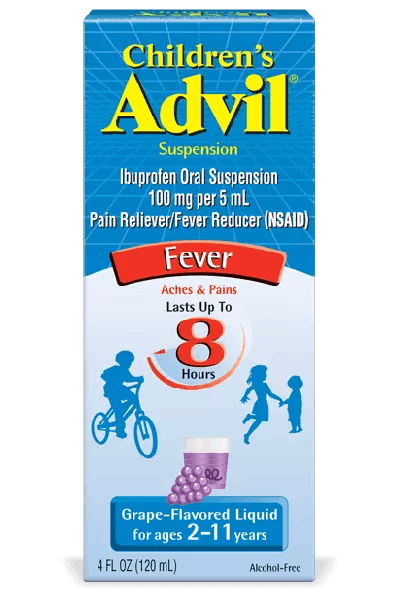How Much Sleep Is Enough?
The foundations of healthy sleep are a strong sleep routine, including a regular schedule of bedtime and rise time, sleep-healthy habits like regular exercise and limited consumption of caffeine and alcohol, and limits of exposure to artificial light at night. But the presence of nighttime pain can undermine even the healthiest of sleep habits, diminishing both the quality and the quantity of your sleep.
"The presence of nighttime pain can undermine even the healthiest of sleep habits"
Even after you've established healthy sleep habits, you may find yourself struggling with getting enough rest, and wonder about taking a sleep aid. If you're experiencing nighttime pain, a sleep aid that also addresses your pain can be an effective strategy for improving your sleep.
Why is it important to take care of pain and sleep?
When it comes to sleep, both sleep quality and sleep quantity matter to health and well-being. Sleep confers powerful, protective health benefits. But in order to receive them, you must sleep well, and sleep enough.
Sleeping well means sleeping with minimal interruption for extended stretches of time. Waking briefly or occasionally at night is normal, and happens to all of us now and then. But frequent waking throughout the night is a sign of fragmented sleep. Daytime tiredness is another signal that your sleep quality may be poor.
Pain at night can interfere with sleep quality, preventing you from reaching the deepest, most restorative stages of sleep.
How much sleep is enough?
Individual sleep needs vary, but for most adults, 7-8 hours per night is sufficient sleep for health and daily functioning. Unfortunately, a great number of us don't sleep this much. A large-scale study by the U.S. Centers for Disease Control estimates that nearly a third of working adults in the United States sleep no more than 6 hours nightly. Among night-shift workers this number is significantly higher. For many, finding sufficient time for sleep is challenging enough without the added struggle of nighttime pain. Pain that keeps you up at night takes critical time away from sleep.
There's an enormous body of research that demonstrates the risks and consequences of not getting enough sleep and of sleeping poorly. Insufficient and poor-quality sleep are associated with increased risks of accident and injury — as many as 20% of motor vehicle and other accidents causing injury and death can be linked to sleep. Lack of restful, high-quality sleep elevates risk for serious health problems, including cardiovascular diseases, diabetes, and obesity. Sleeping poorly has a detrimental effect on the cognitive functions of the brain, impeding learning and diminishing memory. Not sleeping enough poses challenges to relationships and to work performance, compromising judgment and decision-making, and contributing to emotional volatility.
Your sleep matters a great deal to both the quality of your life today and to your health over the course of your lifetime. When pain interferes with your healthy, restful routine of sleep, a medication like Advil PM that treats both sleep and pain can help you get back on track.
Michael J. Breus, Ph. D., is a Clinical Psychologist with a specialty in sleep disorders. He is the author of The Sleep Doctor's Diet Plan: Lose Weight Through Better Sleep (Rodale Books; May 2011) and BEAUTY SLEEP: Look Younger, Lose Weight, and Feel Great Through Better Sleep.








